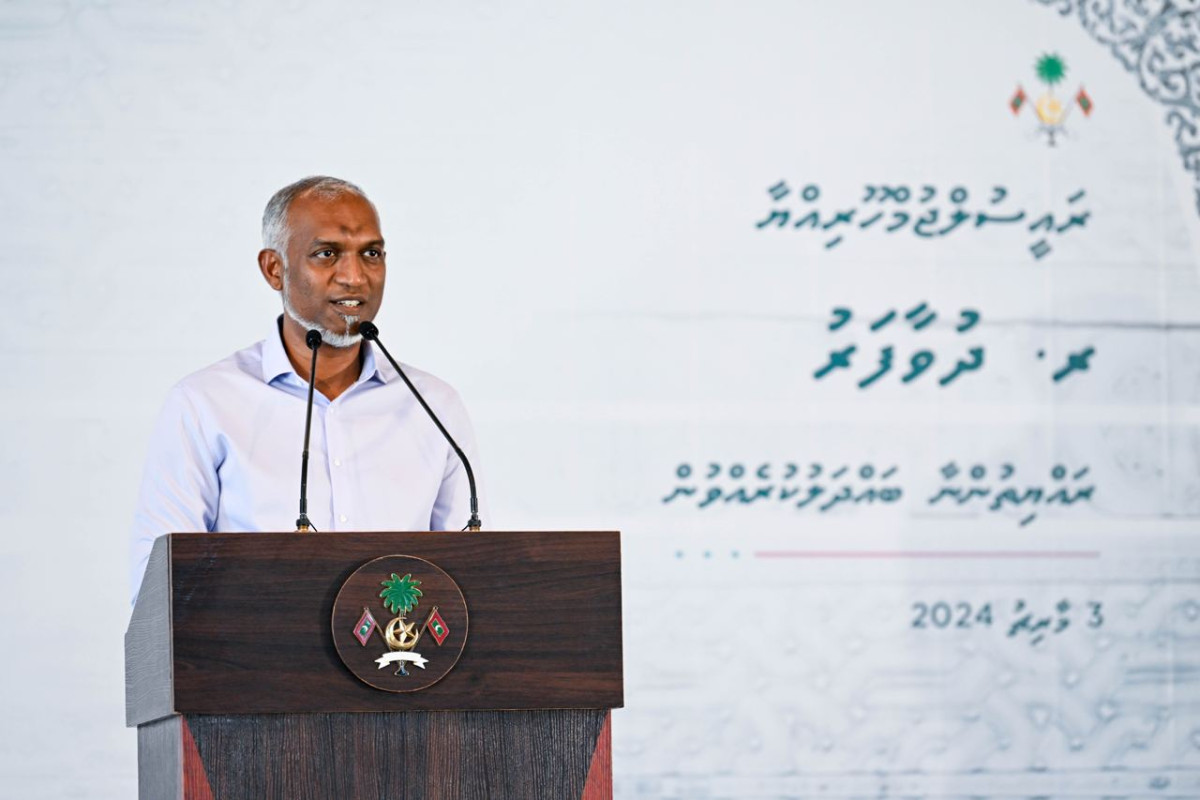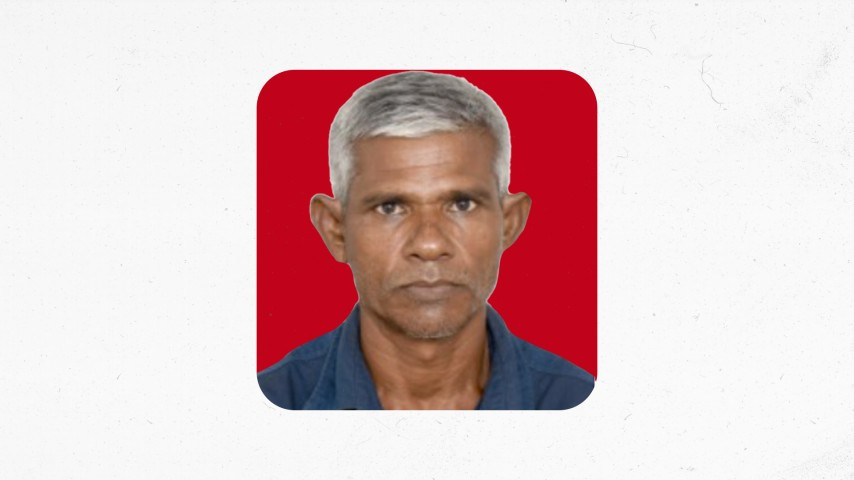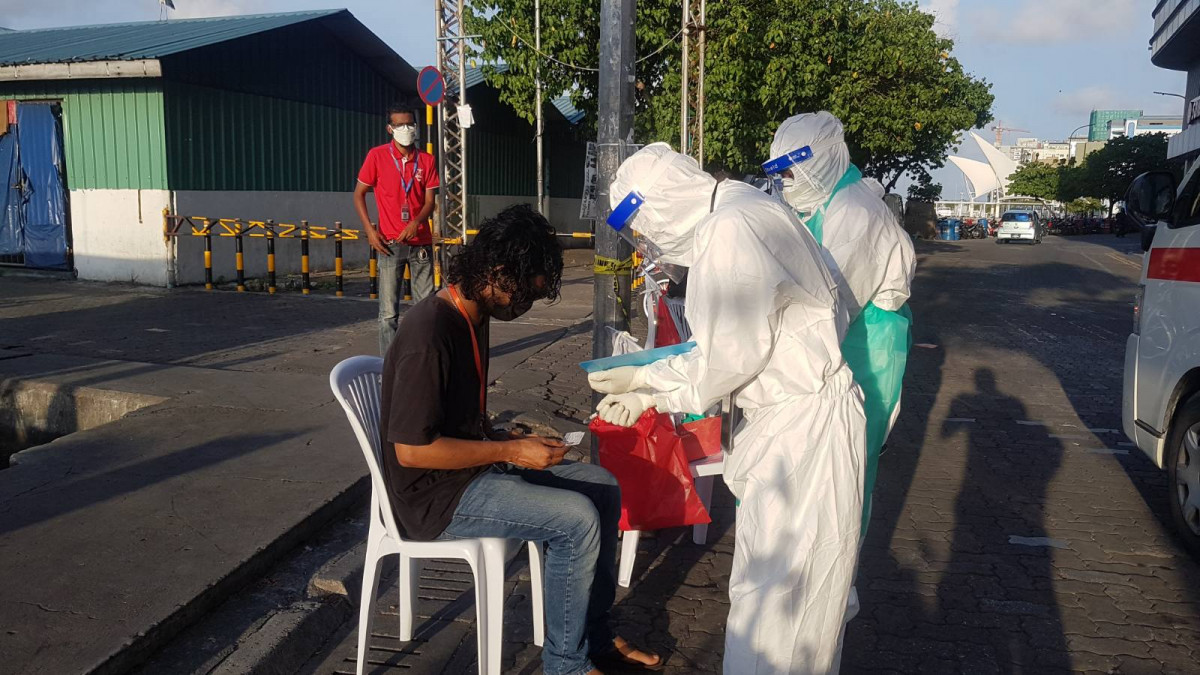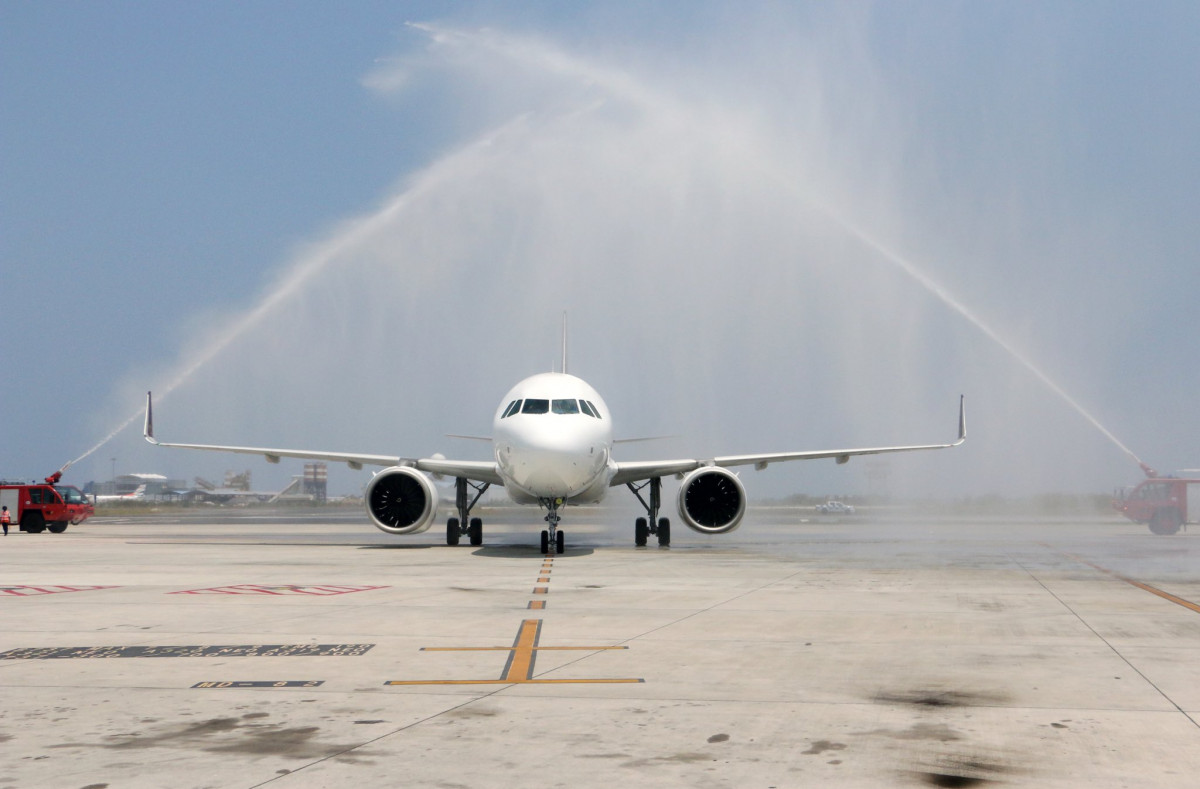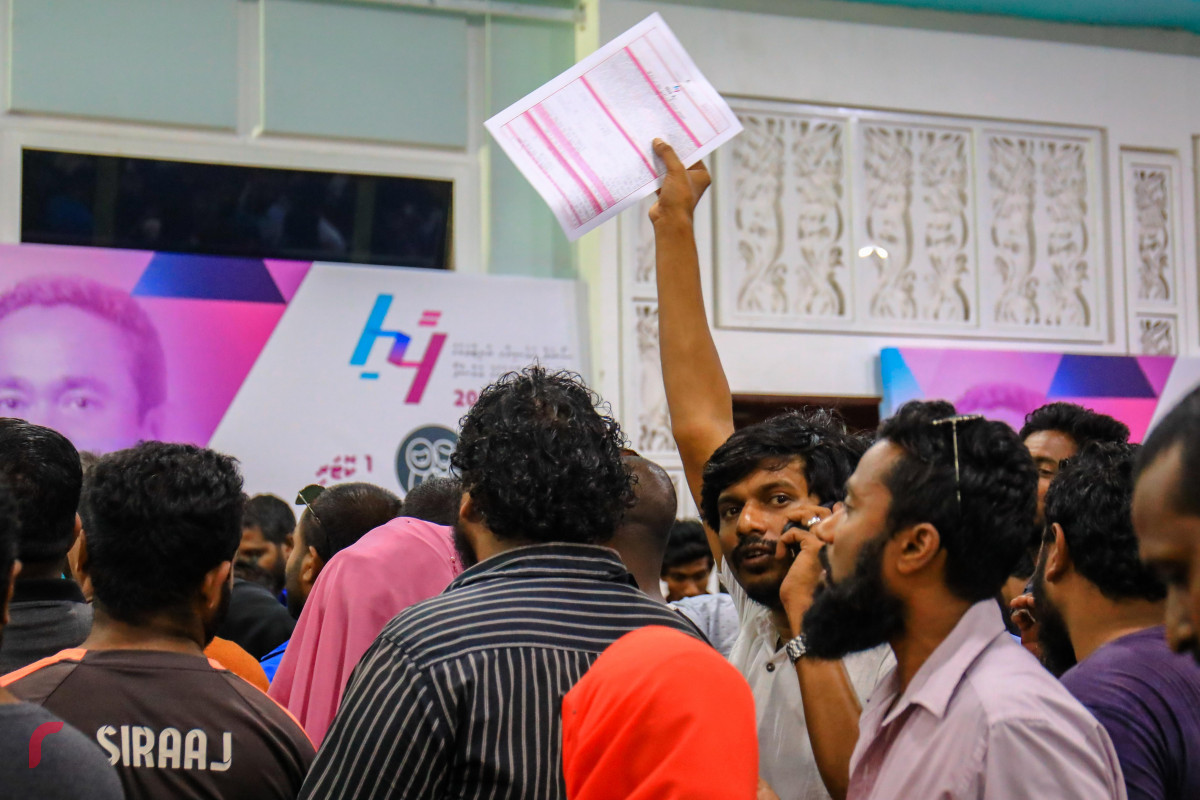State of public health emergency extended once more
Maldives has been in a state of public health emergency since 12 March 2020, days after the confirmation of coronavirus cases

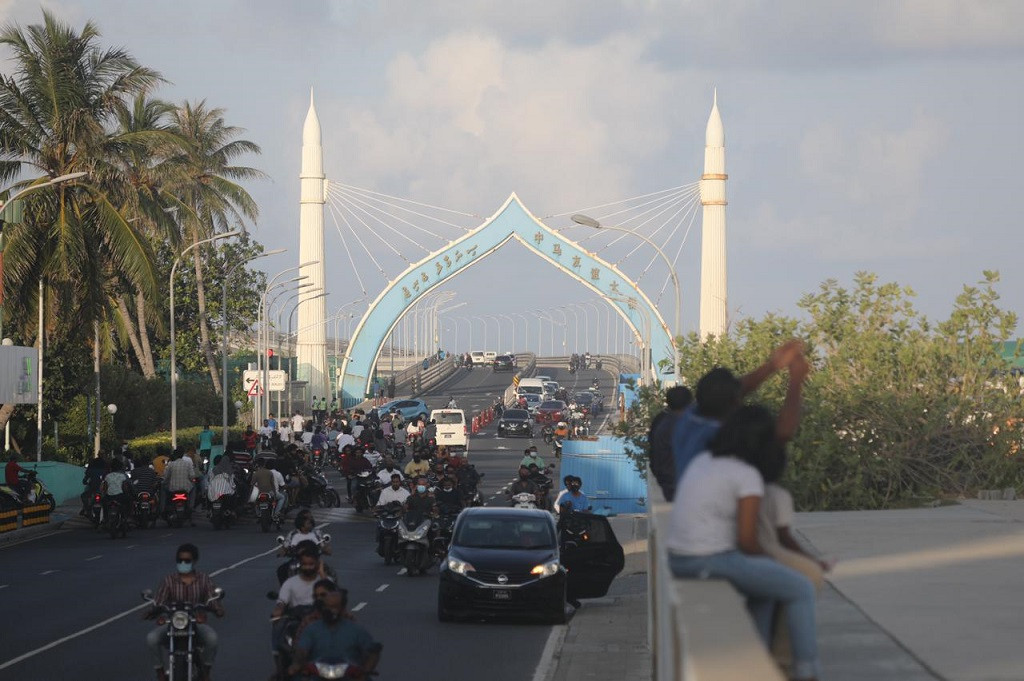
Maldives has been in a state of public health emergency since 12 March 2020, days after the confirmation of coronavirus cases
Maldives has once again extended the state of public health emergency first declared across the Maldives on 12 March 2020 following the confirmation of coronavirus cases.
A press release signed by the Minister for Health Ahmed Naseem states that the authorities have decided to extend the state of public health emergency, first announced on 12 March 2020 as a response to the Covid-19 pandemic as per the powers vested in them under the Public Health Protection Act (No. 7/12), and under recommendations by the Director General of Public Health, Maimoona Aboobakuru.
The document further declared that the risk of wide-spread escalation of the pandemic in the Maldives remains, and that the ministry has advised citizens to adhere strictly to health guidelines and regulations in place to help limit the spread of Covid-19 in the country.
The health minister stressed on the importance of citizens understanding the current situation of the pandemic in Maldives, and cautioned the public to adhere strictly to the precautionary steps put in place across the nation under the Public Health Protection Act.
With this, the state of public health emergency has been extended to expire on 29 January 2022.
The last extension expired on Thursday.
This is the 22nd time the state of public health emergency has been extended.
Maldives was faced by a fourth and more infectious wave of the pandemic in the beginning of May, right after the government in April revised many health guidelines and regulations to help ease day-to-day life for citizens and businesses once the caseload began declining.
The fourth wave saw daily infections rising to alarming levels, at 1,000, provoking authorities to impose stricter measures such as a vehicle ban across the capital region. The measures were dissolved in early July in time for the long government holidays and the caseload has been decreasing over recent weeks. However, cases have been spiraling in outlying atolls.
The vaccination drive launched nationwide in February, in also proceeding smoothly, with health authorities recently having rolled out booster doses for immunocompromised persons and those at high risk of complications.

